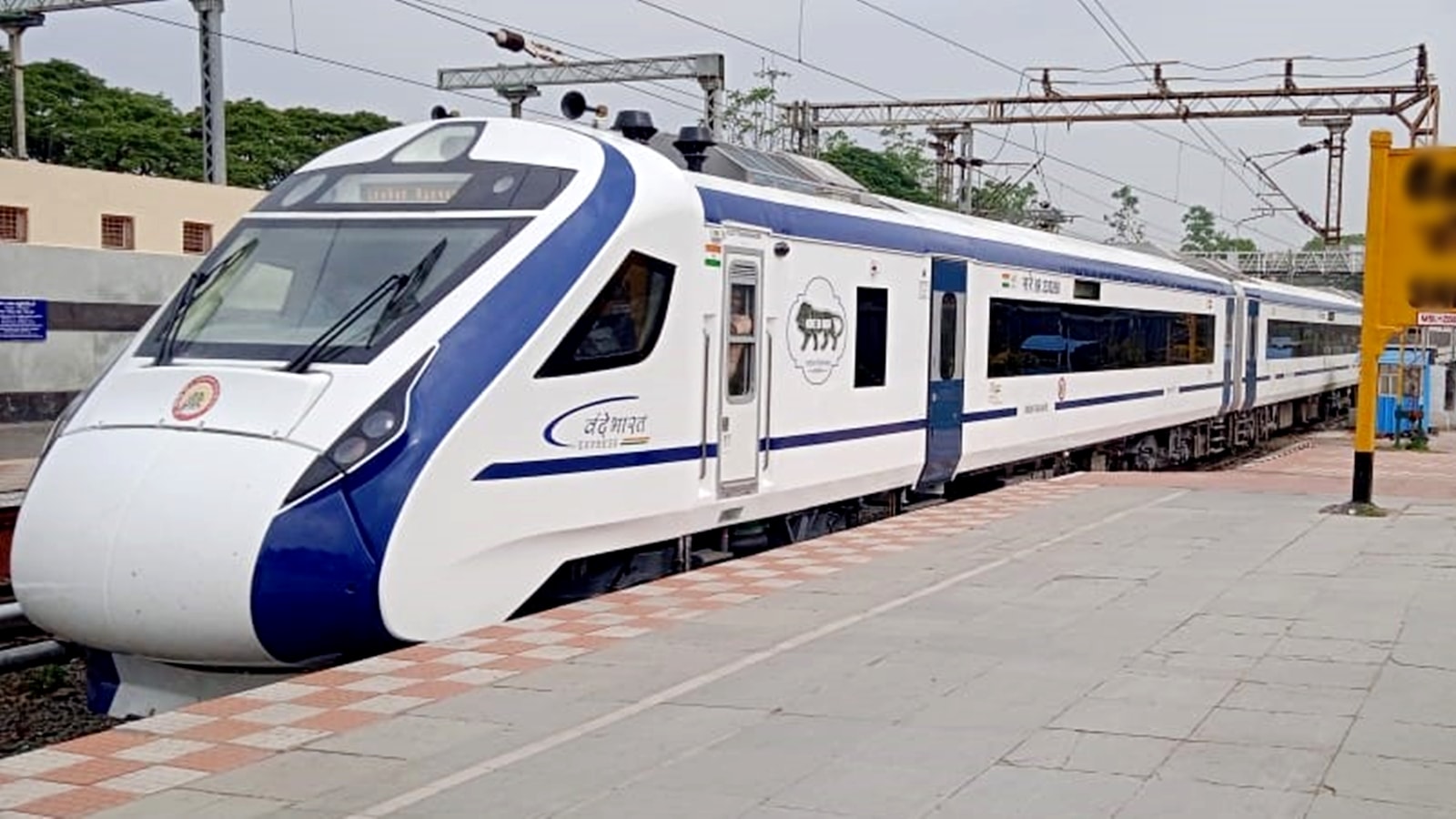Indian Railways has launched a new Vande Bharat Express route linking Jodhpur to Delhi. Designed to offer a seamless, efficient, and eco-friendly alternative to traditional rail travel, the semi-high-speed train now covers the 620-kilometre stretch in approximately nine hours.
This move enhances the connectivity of Rajasthan’s second-largest city to the National Capital Region, while setting new benchmarks in sustainable rail infrastructure. The newly inaugurated Vande Bharat Express is equipped with state-of-the-art facilities and smart systems aimed at improving passenger experience, operational efficiency, and carbon efficiency. Running six days a week, the train begins its journey from Jodhpur Junction in the morning and reaches Delhi Sarai Rohilla by evening. The return trip departs from Delhi in the afternoon, arriving in Jodhpur the same night—making it ideal for both business commuters and weekend travellers.
This new addition to the Vande Bharat fleet marks a strategic enhancement in intercity rail services, not only cutting travel time but also offering a viable substitute to air and road transport. The train features two seating classes—Chair Car and Executive Chair Car—designed to cater to diverse traveller segments. While Chair Cars provide accessible and budget-friendly travel options, Executive Chair Cars offer premium comfort and larger legroom, all within a climate-controlled, tech-enabled cabin. The onboard amenities highlight Indian Railways’ pivot towards smart mobility. Each seat is fitted with infotainment screens, power sockets, and individual reading lights. Complimentary Wi-Fi, bio-vacuum toilets, CCTV surveillance, and automatic sliding doors further underscore the commitment to passenger comfort and safety. The inclusion of fire detection and suppression systems also enhances onboard resilience.
From a sustainability standpoint, the train is part of Indian Railways’ broader decarbonisation initiative. Vande Bharat trains are more energy-efficient compared to conventional locomotives and play a vital role in the national goal of achieving net-zero emissions by 2030. This aligns with India’s climate commitments under the Paris Agreement and underlines the government’s intent to make public transport both green and accessible. Tourism and commerce are expected to benefit significantly. Jodhpur, known for its heritage sites and handicrafts, now becomes more accessible to the capital, promoting regional economic linkages. Moreover, enhanced rail access is likely to ease road congestion and reduce emissions from long-distance buses and private vehicles.
As India aggressively expands its semi-high-speed train network, routes such as Jodhpur–Delhi stand out as examples of mobility innovation that integrates speed, safety, sustainability, and affordability. The Vande Bharat rollout is more than just a transportation upgrade—it represents a shift in how Indian cities connect, commute, and collaborate for a cleaner future.
Also Read: Karnataka New Railway Lines from Almatti to Yadgir covers 73-kilometre


